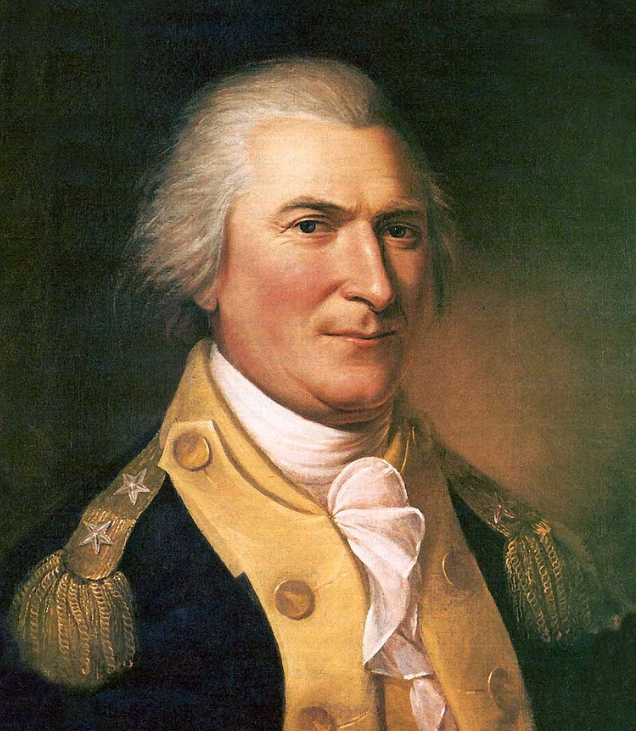Gideon Granger Segregates The Post Office
Gideon Granger was the longest serving Postmaster General in American history.
Gideon Granger
Gideon Granger came of age just as the Revolutionary War was ceasing hostilities.
Granger studied law and, while still in his early 20’s, was elected to the Connecticut Assembly.
Despite living in a heavily Federalist State, Gideon took up Democratic Republican ideals. He wrote several pamphlets in favor of Thomas Jefferson and as such became a rising star in the party.
Postmaster General
In 1798, Granger ran for the House of Representatives.
Although he was defeated his reputation had been established and three years later President Jefferson appointed him as the 4th Postmaster General of the United States.
Gideon would continue in this office through all of the Jefferson Administration and continued for six more years under President Madison.
This tenure cements Granger as the longest serving Postmaster General in American history.
Louisiana Purchase
Just a year after Gideon took office, President Jefferson made the Louisiana Purchase.
It was necessary for Granger to find a way to bring the new territory (or at least New Orleans) into the postal system.
This was an astounding effort which included blazing new roads and, somewhat controversially, hiring private contractors to deliver messages to remote locations.
In 14 years, Gideon vastly expanded the ability of the young nation to move communications.
Segregating the Post Office
Unfortunately, Granger’s most lasting legacy was his decision to remove Black riders from the postal service.
Enslaved people had long been used to deliver messages, but the Hatian Revolution and Gabriel’s Rebellion in Virginia had made many people fear the same type of violent uprising might take place in the Early Republic.
Gideon became the leading politician to press Congress to make a law that only “a free white person” should be employed in delivering mail.
His argument was that one intelligent slave could easily use his post to spread word of a nation-wide revolt.
When this law was passed, it set Black Americans back from their already difficult position, entrenching the United States into a stalemate that would not be resolved until the Civil War and casting a shadow over the impressive work Gideon Grange had done in vastly expanding communications at the beginning of the 19th century.
If you’d like to learn about another member of Jefferson’s Cabinet, check out this article:
Interrogated By A Predecessor - Attorney General Levi Lincoln, Sr.
To learn more about Granger, check out this very small run publication:
If you’d like a copy you can get one through the Amazon affiliate link below (you’ll support this site, but don’t worry, Amazon pays me while your price stays the same).
Want to get fun American Revolution articles straight to your inbox every morning?
Subscribe to my email list here.
You can also support this site on Patreon by clicking here.






